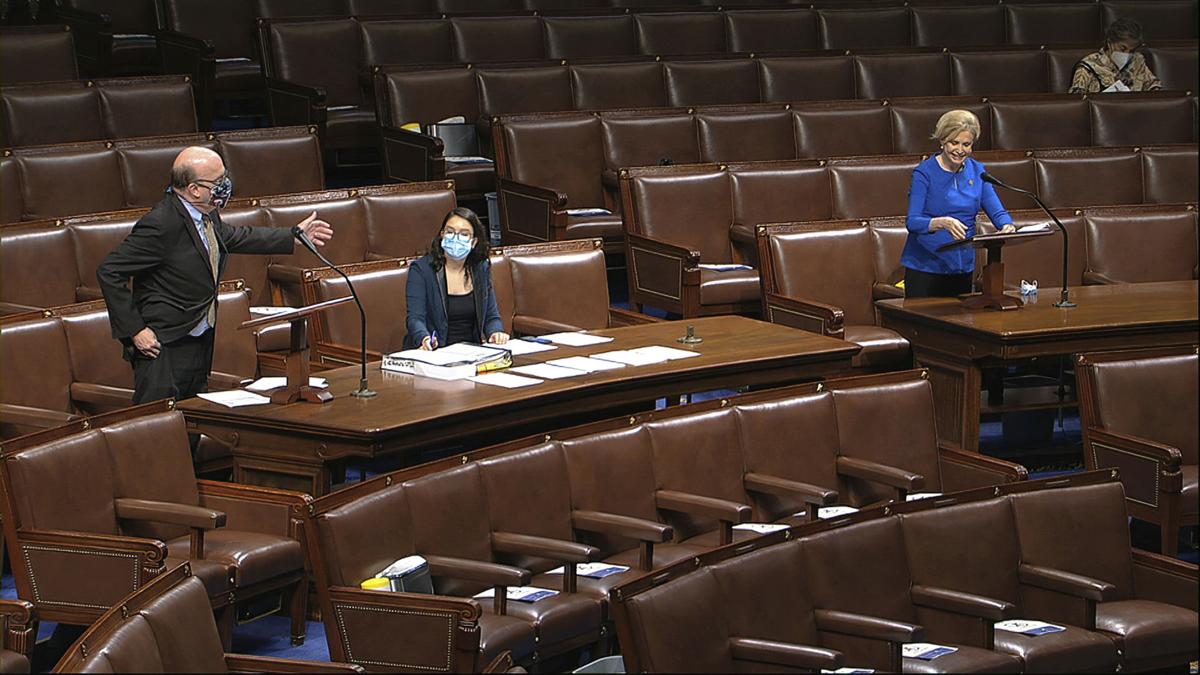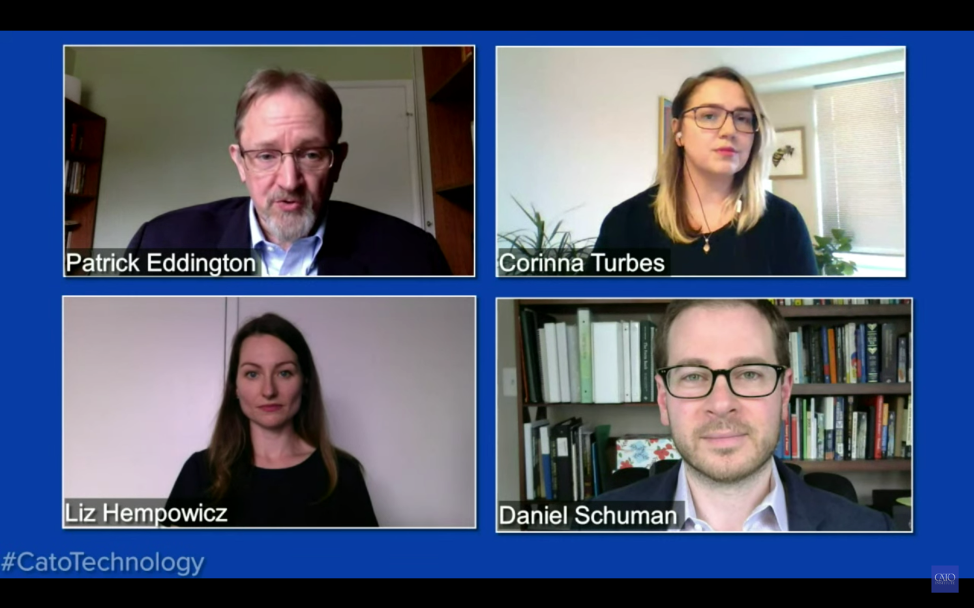The House Meets to Debate Paycheck Protection Act Funds. But Why Can’t Congress Conduct Business Remotely?
April 23, 2020— Congress is “unwilling and unable, but mostly unwilling” to attempt remote voting, said Daniel Schuman, the policy director of Demand Progress, at a webinar hosted by the Cato Institute on Thursday. With congressmen spread across the country practicing social distancing, the answer t











Member discussion